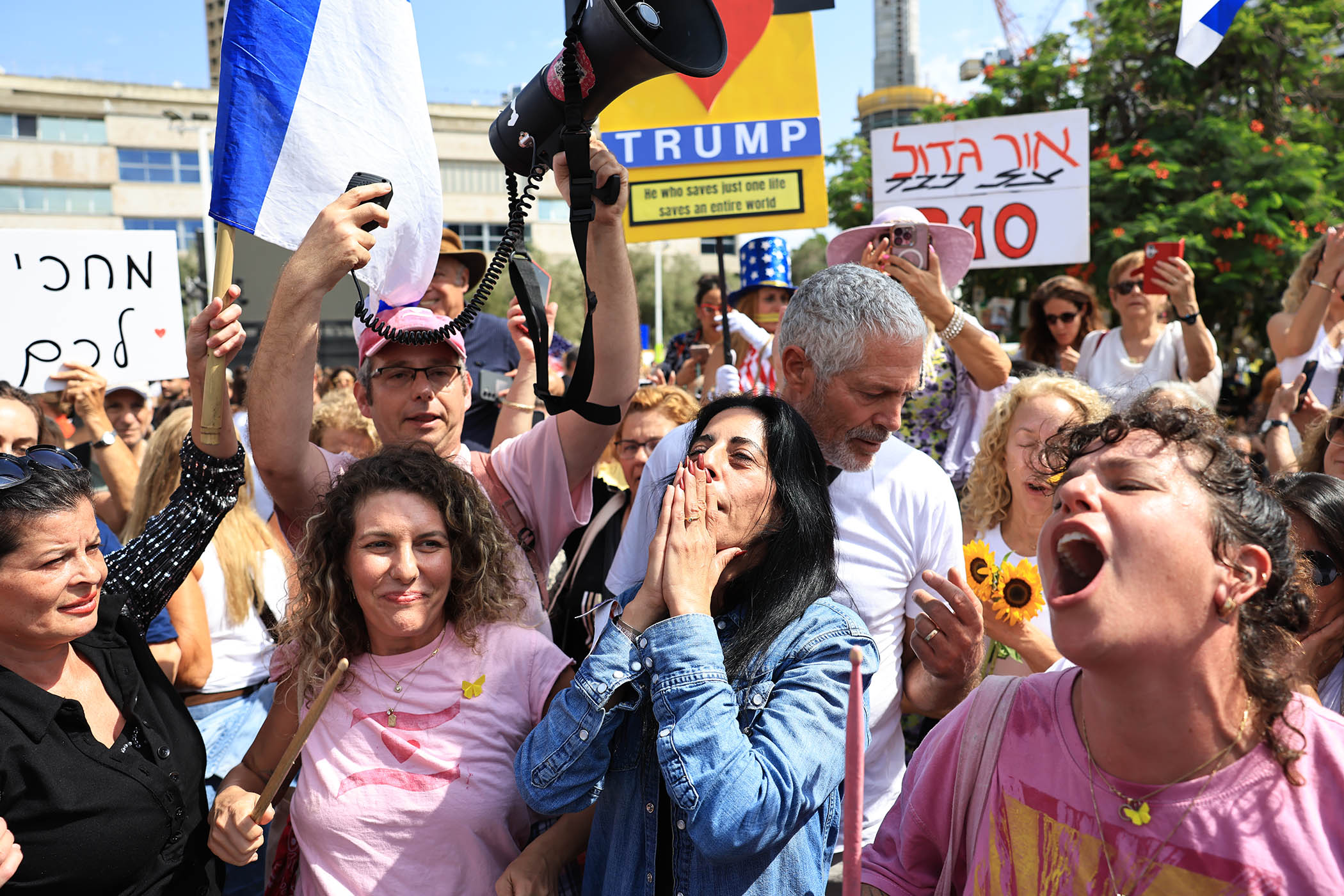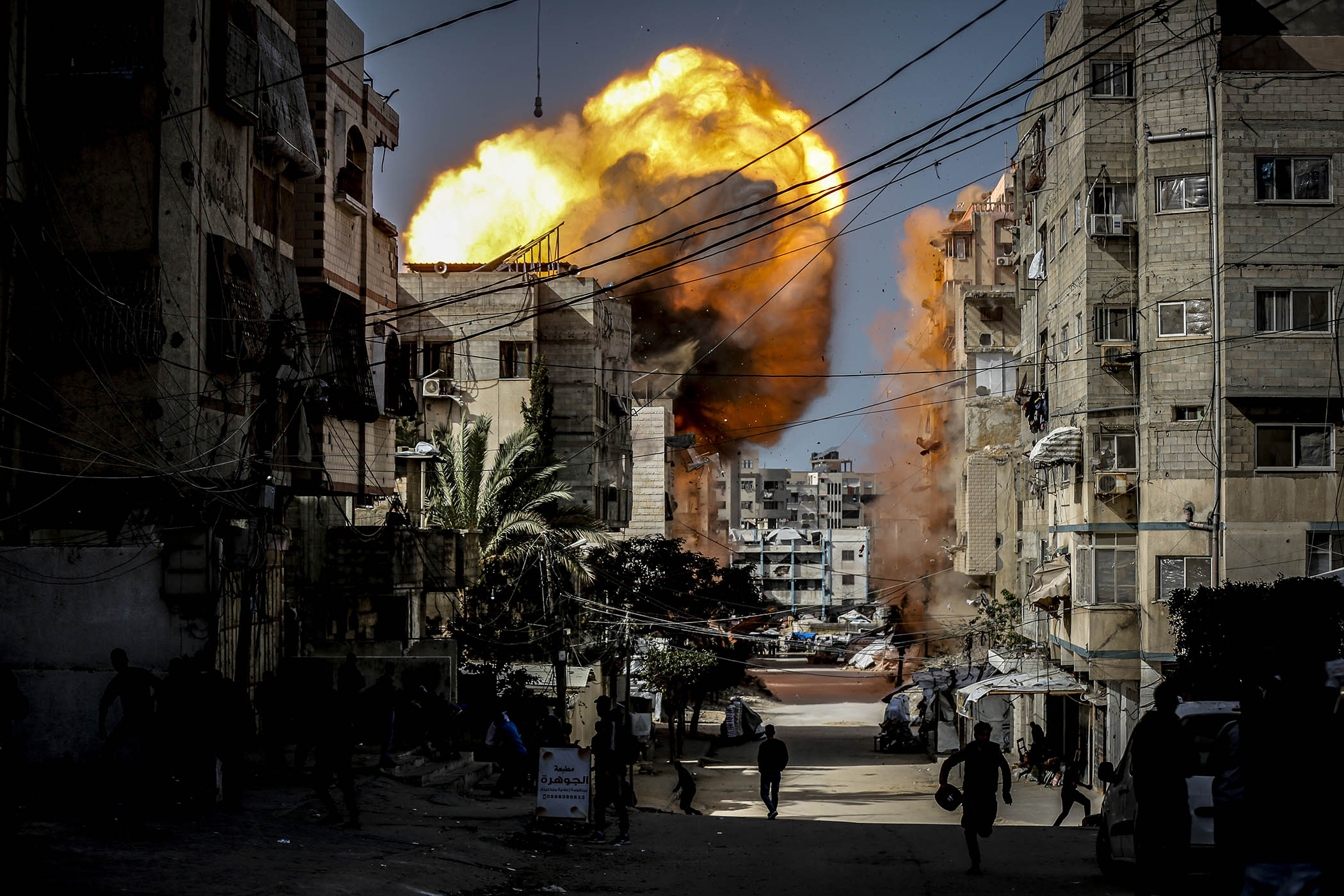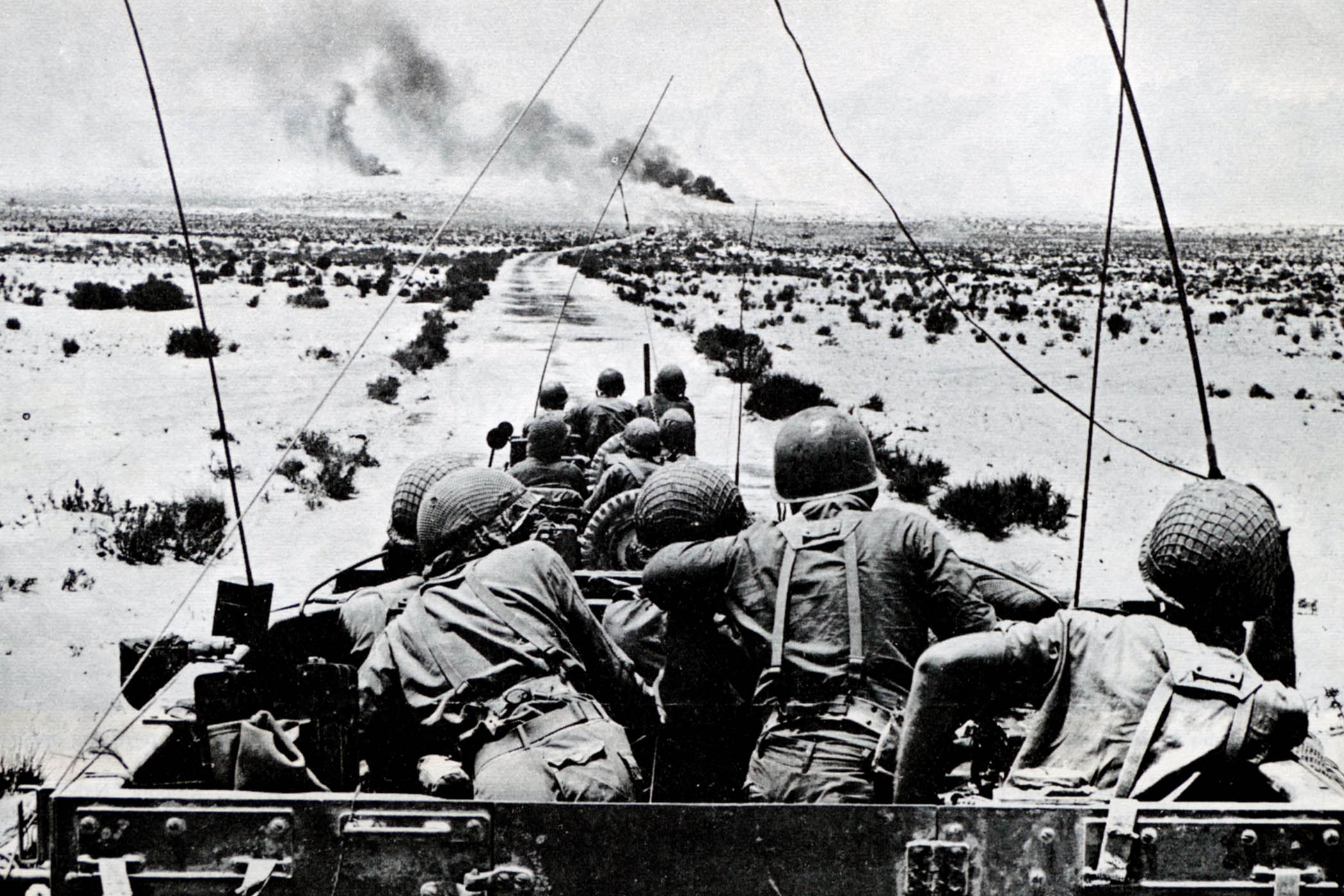A ceasefire is not a peace deal, especially not this one. But for most Israelis, their absolute and overwhelming focus is on the return of the 20 hostages still believed to be alive in Gaza.
It’s hard to overstate the importance the hostages, living and dead, have attained in the public imagination. At the entrance to a cousin’s wedding earlier this year, a little shrine was set up with pictures of three of the bride’s friends who had been killed at the Nova music festival. The body of one of them is still being held in Gaza.
This is repeated all over the country; living or dead, the names of the dead and kidnapped now familiar to all, pictures hung in public squares.
Their fate has certainly eclipsed that of Palestinian casualties, not least because a largely supine Israeli media has failed to report on the monstrous level of suffering in Gaza. The slaughter and famine there, though geographically close, have remained an almost abstract concept.
So a deal that sees the hostages returned is perceived as something close to the end of the war and the precursor to a return to normality – one, for the majority of Jewish Israelis, which for decades has been detached from the reality of occupation.
Successive Israeli politicians of various stripes and colours have sold their constituencies the concept of “managing” the conflict. The prime minister, Binyamin Netanyahu, is no different.
His implausible political survival, after the huge intelligence failure that allowed the 7 October massacres to proceed unchecked, has segued into claims of having personally remade the Middle East, neutralising threats from hostile actors including Hamas, Hizbollah and Iran, and maintaining the often impatient support of the US.
Now, a nonetheless wildly unpopular Netanyahu promises that just ahead – eyeing Israeli elections that could take place as soon as next spring – is the sunlit prospect of a peace deal with Saudi Arabia. This, presumably, will allow Israel’s status quo – endless occupation and limitless impunity – to continue.
The US president, Donald Trump, is due to arrive in Israel on Sunday to what is likely to be a lavishly “mission accomplished” reception. Ending the war is no small achievement, but the normality that Israelis will be returning to is not quite so simple.
Israel is increasingly isolated on the world stage, on every level. The government is turning to the extreme right in a desperate search for support. (British far-right provocateur Tommy Robinson will be heading to Israel next week, fresh from his latest court appearance, on the warm invitation of the country’s diaspora minister.)
Newsletters
Choose the newsletters you want to receive
View more
For information about how The Observer protects your data, read our Privacy Policy
Netanyahu and Yoav Gallant, a former defence minister, are still wanted for war crimes by the International Criminal Court, and a revitalised boycott movement is going mainstream, even reaching that pinnacle of soft power, the Eurovision song contest.
The return of the hostages will alleviate much personal and national suffering but represents only part of Trump’s 20-point peace plan. Right at the very end of the plan comes a reference to a long-term political solution. Whether Israeli attention will extend that far is debatable.
Daniella Peled is the Managing Editor of the Institute for War and Peace Reporting
Photograph by Chris McGrath/Getty Images


